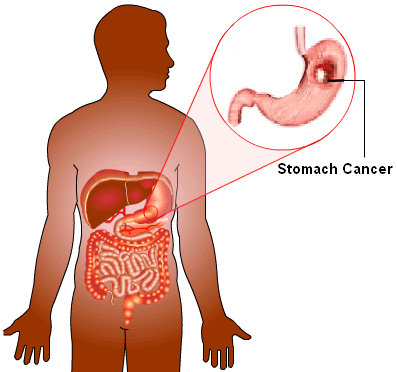
It took nearly nine years for doctors to figure what was wrong with Tami Slawson’s son, who started having trouble moving his legs, shoulders and arms in preschool.
At 13, he was diagnosed with a rare genetic disorder called mucopolysaccharidosis type 1, or MPS1. His sister, suffering from similar symptoms, was diagnosed at the same time. she was 9.
By then, however, the damage had been done.
“If we would have known what was wrong, we could have started treatment at birth,” Slawson said. “They wouldn’t have these issues.”
The liposomal storage disorder is extremely rare, affecting only about 1,000 people in the United States. but Torrance-area researchers say genetic tests done at birth should include MPS1 because there is a cure that could spare children from the damage of this disease.
“There is a strong argument for testing any disorder that has a treatment,” said Patricia Dickson, a researcher at Los Angeles Biomedical Research Institute.
Dickson and others published findings this week in the journal Science Translational Medicine showing that enzyme replacement therapy, when started at birth, eliminates almost all of the symptoms associated with the disorder.
The study was funded by the National Institutes of Health and several nonprofit foundations.
MPS1 is in the same family of disorders as Tay-Sachs disease. due to a genetic defect, the body lacks an enzyme that breaks down byproducts of chemical reactions in the body’s cells. Gradually these byproducts build up, leading to cell, tissue and organ damage.
Those who suffer from the disorder receive weekly injections of the missing enzyme. in the study, damage to the liver, spleen, lungs, kidneys and heart was eliminated when this treatment started immediately.
Because of the delay in diagnosis, Slawson’s children have suffered permanent damage to their organs. Her kids have undergone surgeries to replace heart valves, and repair carpal tunnel syndrome in their hands and hearing loss.
“There is not a part of the body that MPS doesn’t affect,” Slawson said.
In California, babies at birth are tested for five types of genetic disorders: phenylketonuria (PKU), an autosomal recessive genetic disorder; hypothyroidism, when the thyroid gland doesn’t make enough of the hormone; hemoglobin disorders; galactosemia, a rare disorder in which the body is unable to metabolize galactose in sugar; and a range of disorders that lead to cystic fibrosis.
None of these is considered liposomal storage disorders, which affect about one in 1,000 newborns. They are contracted in the often rare case when both parents have a recessive or active gene for the disorder.
The enzyme replacement treatment for MPS1 was developed at LA BioMed, and approved by the Food and Drug Administration in 2003. It must be taken weekly for life.
“The important thing is that we have a treatment for this,” Dickson said. “There is now compelling evidence that conducting this $2 genetic test at birth can lead to much better outcomes for people.”